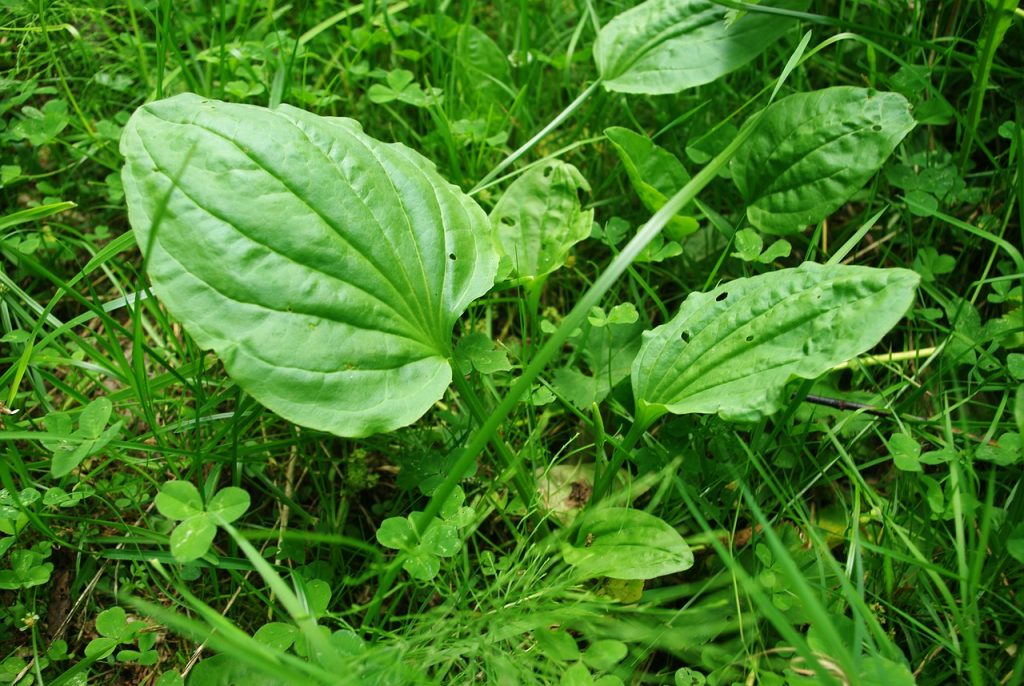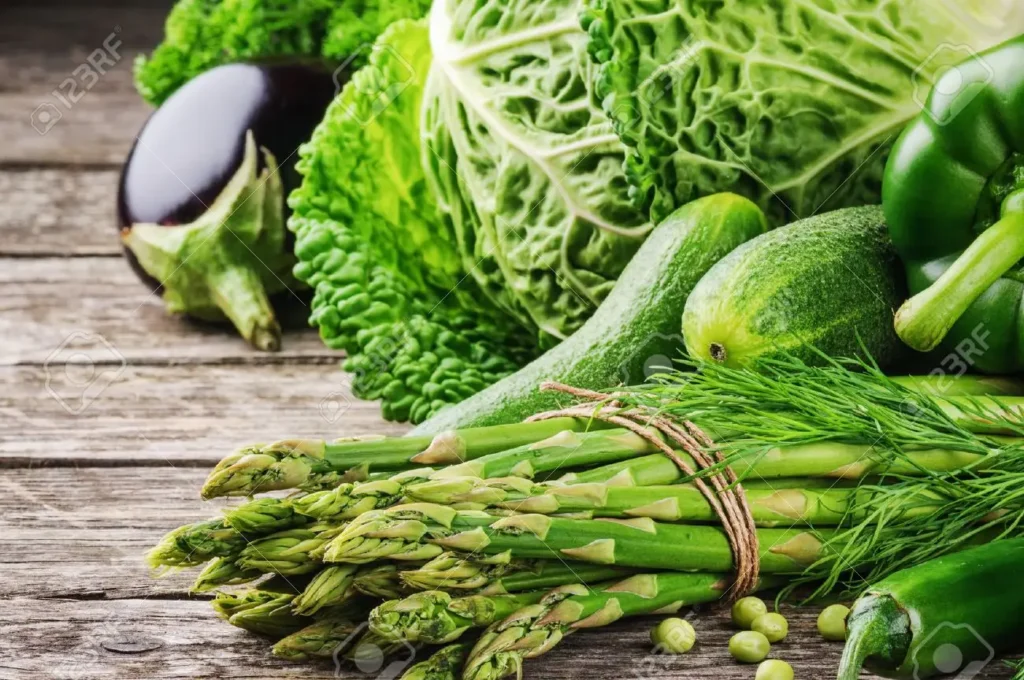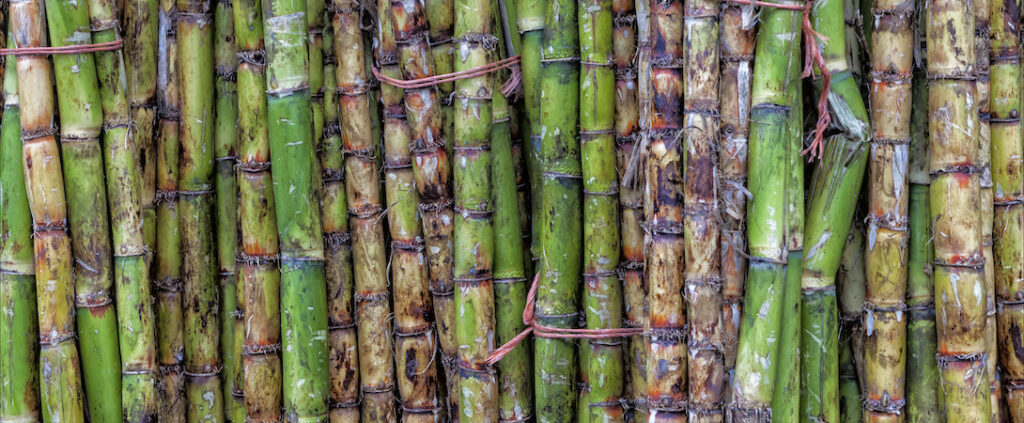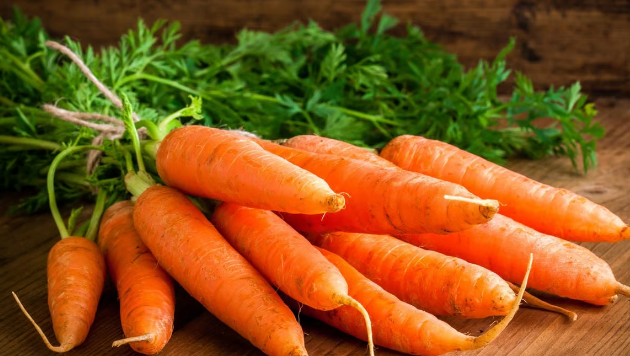In this detailed article, we take a closer look at the fascinating world of herbs. We will discuss not just the medicinal benefits that herbs like basil and lavender bring, but also what they symbolize and how they have been used in magical practices throughout history. This guide is perfect for anyone, whether you’re already knowledgeable about herbs or just beginning your journey into understanding the potent power of plants. Let’s expand our knowledge and find inspiration in the incredible abilities of herbs.
Let’s get started and immerse ourselves in the captivating realm of herbs, learning about their secret highlights and versatile applications.
Table of Contents
- A Deeper Look at 24 Herbs and Their Significance
- 1. Aloe Vera
- 2. Basil
- 3. Chamomile
- 4. Echinacea
- 5. Fennel
- 6. Lavender
- 7. Lemon Balm
- 8. Marjoram
- 9. Mint
- 10. Oregano
- 11. Parsley
- 12. Rosemary
- 13. Sage
- 14. Thyme
- 15. Valerian
- 16. Catnip
- 17. Chicory
- 18. Dandelion
- 19. Nettle
- 20. St. John’s Wort
- 21. Peppermint
- 22. Yarrow
- 23. Marshmallow
- 24. Vervain
- Conclusion
A Deeper Look at 24 Herbs and Their Significance
1. Aloe Vera
Aloe vera, which comes from the Arabian Peninsula, is a plant that’s well respected for its healing qualities. The gel found inside its leaves is widely celebrated for soothing skin issues like burns and scrapes. The benefits don’t stop at the skin’s surface, as it’s also known for its anti-inflammatory and antioxidant capabilities, which are advantageous in natural skincare regimens.
When it comes to symbolism, aloe vera is frequently linked to concepts of recovery, renewal, and spiritual safeguarding. In various traditions, it’s seen as a bringer of good fortune and used in ceremonies aimed at cleansing and shield.
Not only is aloe vera an herb with multiple practical and symbolic benefits, but it’s also easy to take care of and can help clean the air indoors. Having an aloe vera plant at home can be as much a useful herb as it is a charming addition to your living space or garden. Discover more about the health benefits of herbs here.
2. Basil
Famous for its use in culinary arts, especially within Italian and Thai kitchens, basil delivers a distinctive flavor that’s both sweet and spicy. It elevates a variety of recipes like pasta dishes, pestos, and even fresh salads.
Aside from its culinary appeal, basil is reputed for its capacity to address health issues ranging from stress and migraines to digestive problems. Its anti-inflammatory and antioxidant agents also contribute to its medicinal potency.
On a symbolic level, basil is often connected to affection and spiritual defense. Traditionally, it’s believed to attract good fortune and is utilized in rituals to cleanse and welcome positive vibes. Additionally, it’s planted around homes in some regions as a natural protective barrier against negative energies.
3. Chamomile
Chamomile, with its delicate flowers and gentle aroma reminiscent of apples, is largely known for its calming teas. Often consumed to promote better sleep and alleviate stress, it is also handy in digestion and soothing skin irritations.
Beyond its calming qualities, chamomile symbolizes tranquility and serenity. In spiritual practices, it’s employed to bring relaxation and peacefulness. Moreover, it carries purifying and defensive attributes, and is sometimes gifted as an emblem of affection and camaraderie.
4. Echinacea
Native to North America, echinacea is a flowering herb recognized for enhancing the immune system. It’s popularly consumed through supplements or teas, especially to mitigate the impact of colds and respiratory ailments. The herb is also praised for its anti-inflammatory and antioxidant benefits, and is used in treatments for skin problems and injury recovery.
Symbolically speaking, echinacea signifies fortitude and endurance. It is often included in protective spiritual practices, offering grounding and cleansing qualities to those who use it.
5. Fennel
Fennel, a herb with a delightful, licorice-like taste, finds its place in various cuisines, notably Mediterranean and Indian dishes. It is also brewed into tea and is believed to aid digestion and respiratory health. Like many herbs, fennel boasts anti-inflammatory and antioxidant effects, and may have properties that help skin conditions and wound healing.
Beyond its health benefits, fennel carries symbolic representation of cleansing and protection. Utilized within spiritual practices, fennel is revered for its grounding and balancing effects.
6. Lavender
The enchanting scent of lavender is utilized in a wide array of perfumes, soaps, and other personal care goods. In herbal teas, lavender is chosen to help soothe and unwind, ideal for promoting restful sleep and easing tension. Its medicinal properties also suggest anti-inflammatory and antioxidant capacities, along with the treatment of skin conditions.
On a deeper, symbolic level, lavender represents love, harmony, and relaxation. It’s incorporated into spiritual practices to encourage tranquility, and is thought to possess qualities of purity and protection. Lavender too can be gifted, symbolizing deep care and affectionate bonds.
7. Lemon Balm
Lemon balm is a lovely-smelling herb with a lemon-like scent that is used in cooking to add a zesty flavor and is also a natural remedy. It’s thought to help people relax and sleep better, and it can also make you feel less worried. Besides, people use it to help their stomachs and immune systems work better. Some even apply it on their skin for conditions and cuts.
When it comes to what it stands for, lemon balm is linked to being clear-headed and focused. In rituals that are about the mind and soul, lemon balm is used to make thinking clearer. It’s also seen as a plant that cleanses and protects. Plus, it is sometimes connected to romance as it is believed to lift spirits and give energy.
8. Marjoram
Marjoram is a flavorful herb with a sweet and slightly spice taste that is often added to food, especially in the Mediterranean and Middle East. It can also be made into tea and is said to be good for your stomach and breathing. Marjoram is believed to reduce swelling and act as an antioxidant, and some people use it on their skin for various conditions.
In terms of symbolism, marjoram represents happiness and cheerful feelings. It’s used in rituals to help people feel more joyful and content. It’s thought to have properties that cleanse and protect. Furthermore, people sometimes give marjoram to show love and friendship.
9. Mint
Mint is a refreshing herb known for its cool taste and aroma, used a lot in dishes from the Middle East and Asia. It’s also popular in teas and is said to be helpful for digestion and breathing. Mint may help to ease swelling and has antioxidant properties. It’s used on the skin sometimes too, for irritations and injuries.
Symbolically speaking, mint is linked to freshness and mental sharpness. It’s used in spiritual practices aimed at clearing the mind. This herb is believed to have a cleansing and protective essence. Mint can also be used for attracting love due to its believed energizing and mood-lifting effects.
10. Oregano
Oregano is a herb with a strong taste that’s a staple in Italian, Greek, and Mexican cooking. People use it to infuse their tea and think it boosts immune health and aids digestion. Like many herbs, oregan may reduce inflammation and is full of antioxidants. It’s as well applied to the skin to help with certain issues.
As a symbol, oregano is all about joy and happiness. It’s often included in rituals to make people feel happy and good about life. People believe it has properties that can cleanse and protect. Oregano is also sometimes shared between friends or loved ones to show affection.
11. Parsley
Parsley is a bright, fresh-tasting herb often used in Mediterranean and Middle Eastern recipes. It can also be brewed as tea and is thought to support digestion and the respiratory system. Parsley is seen to have anti-inflammatory and antioxidant capabilities. It’s used sometimes for skin troubles and small injuries too.
Symbolically, parsley is connected to cleansing and protection. It’s commonly included in spiritual practices for grounding and balancing, as well as for its said purifying qualities.
12. Rosemary
Rosemary is known for its robust, evergreen scent and is used a lot in Mediterranean food. It’s also a herb people brew in tea for its possible immune and digestive benefits. It’s got anti-inflammatory and antioxidant properties and it may help skin heal.
When it comes to what it means, rosemary is associated with love and faithfulness. In various cultural rituals, it’s used to help foster love and is believed to cleanse and safeguard. Rosemary is also often shared between friends or as a symbol of romance.
13. Sage
Sage is a herb with an earthy, somewhat bitter taste that’s frequent in Mediterranean and Middle Eastern dishes. This herb is also used in teas and thought to be helpful for the immune system and digestion. Sage may help with inflammation and has antioxidants. Some people also treat skin issues with it.
Speaking symbolically, sage represents wisdom and clear thinking. It is often included in rituals to clear the mind. Thought to have cleaning and protecting characteristics, sage is also employed sometimes for love attractions and is believed to be invigorating and uplifting.
14. Thyme
Thyme is a herb with a strong taste that’s somewhat sweet and a regular in Mediterranean kitchens. It’s used for tea as well and is believed to support the immune system and help with breathing issues.
Thyme is symbolically linked to bravery and strength. It is often used in times when people want to feel braver and is also thought to have cleansing and protective qualities.
People sometimes give thyme as a symbol of love and friendship.
15. Valerian
Valerian is a herb known for its strong, earthy smell. Many people use it as a supplement or drink it as tea to help them sleep and feel less worried or stressed. It is also said to help soothe pain and is sometimes used for stomach pains and headaches.
When it comes to what it represents, valerian is all about helping people relax and find peace. In special ceremonies that are meant to bring peace of mind, people often use it because it’s thought to clean the space and protect it too.
16. Catnip
Catnip is a herb with a minty, sweet smell and is often made into tea or used as a natural remedy for various health issues. It’s known to help people calm down and relax, and it can also help with stomach troubles and headaches. Some even think catnip can gently help you fall asleep.
In a symbolic way, catnip stands for peace and relaxation. It is commonly included in rituals to help create a sense of peacefulness and is thought to cleanse and protect the environment.
17. Chicory
Chicory is an herb with a strong, bitter taste and is mostly used in teas or as a remedy for health concerns. It’s believed to do well for digestion and liver function and can be used to ease constipation and other stomach issues.
It’s also thought to help with swelling and to work as an antioxidant. Sometimes, it’s used to care for skin problems and to heal wounds.
From a symbolic perspective, chicory represents cleaning and protection. It’s often included in rituals for these reasons and is believed to help keep things stable and bring balance.
18. Dandelion
Dandelion is a herb with a bit of a bitter taste but is well loved by many for its tea or as a natural treatment option. It’s known to support digestion and liver health and is used when people have constipation or other digestive problems. This herb is also said to be a diuretic and is used for water retention and urinary troubles.
If we look at its symbolic meaning, dandelion is about change and starting fresh. It’s used in rituals that focus on bringing a sense of new beginnings and is thought to not only clean and protect but also help start over.
19. Nettle
Nettle is another herb with that slightly bitter taste, and lots of people drink it as tea or use it to help with health issues. It is believed to boost your immune system and reduce swelling, making it a choice for allergies, arthritis, and other similar conditions.
It’s also used to help get rid of excess water in your body and is said to relieve pain, including the pain that comes with gout.
On a symbolic level, nettle stands for protection and strength. It’s added to rituals for protection and is believed to contribute to a sense of balance and keep you grounded.
20. St. John’s Wort
St. John’s Wort is a herb with bright yellow flowers, and it’s often taken as a supplement or in tea form to help with depression and anxiety. It’s also considered to have properties that help reduce swelling and acts as an antioxidant, which is why it’s sometimes used for skin issues and healing wounds.
Symbolically, this herb is all about protection and growing spiritually. In rituals, St. John’s Wort is used for these reasons as it’s believed to cleanse and bring an uplifted feeling.
21. Peppermint
Peppermint is a fresh and cool tasting herb that’s popular in cooking, especially in sweets and drinks. It’s also good for making tea and is thought to help with stomach troubles and breathing problems. Peppermint is likely to help with swelling and as an antioxidant, it’s used for skin care and healing wounds too.
In a symbolic way, peppermint represents clear thinking and concentration. It’s used in rituals to improve mental clarity and is thought to cleanse and protect. Peppermint is also associated with attracting love and is believed to bring energy and a positive mood.
22. Yarrow
Yarrow is a herb with a strong, natural smell. It’s usually made into tea or used as a natural way to help with different health issues. People believe it can help the immune system and reduce swelling. It’s also used for treating allergies, healing cuts, and other problems that involve swelling.
Many people use yarrow because they believe it can help get rid of extra water in the body and ease pain. It’s often taken when someone has conditions like gout that cause a lot of pain.
When it comes to what yarrow means, people see it as a symbol of defense and being strong. It’s used in special spiritual ceremonies for these reasons, and is thought to bring a sense of balance and connection to the earth.
23. Marshmallow
Marshmallow is a herb with a taste that is a mix of sweet and bitter. Like yarrow, it’s also made into tea and used as a natural remedy for various problems. Marshmallow is believed to support the immune system and help with swelling, too. People use it for issues like allergies and healing injuries. It might also act as a diuretic (to get rid of extra water) and help with painful problems such as gout.
Symbol-wise, marshmallow is linked to feelings of love and the process of healing. It is often included in rituals that focus on promoting love. People consider it to have cleansing and protective effects. Giving someone marshmallow is also a way of showing friendship and love.
24. Vervain
Vervain is an herb with a strong taste that might be a little bitter. It’s usually taken as tea and used for healing different health conditions. Just like yarrow and marshmallow, vervain is said to boost the immune system and decrease swelling. It’s another herb that might get used for allergies, helping wounds heal, and dealing with swelling. Some believe that vervain can also help with issues like water retention and gout.
In symbolic terms, vervain stands for cleansing and being protected. It’s often used in ceremonies for cleansing or to bring protection and is seen as a herb that can help people feel grounded and balanced.
Conclusion
Herbs have been trusted for a very long time for their healing and symbolic meanings. From the soothing powers of aloe vera to the comforting effects of rose, every herb is unique. They all have their own special traits and symbolic meanings.
Whether you’re using herbs for their health benefits or their symbolic meanings, they offer a natural way to support your well-being. It’s always a good idea to talk to a doctor or a professional who knows about herbs before you use them for health reasons. This is because they might not go well with other medicines, or they could be wrong for your health condition.
You should seek advice from a healthcare expert or an experienced herbalist before using these herbs as remedies, to make sure they’re safe to use with any medications you’re taking or for your specific health situation.
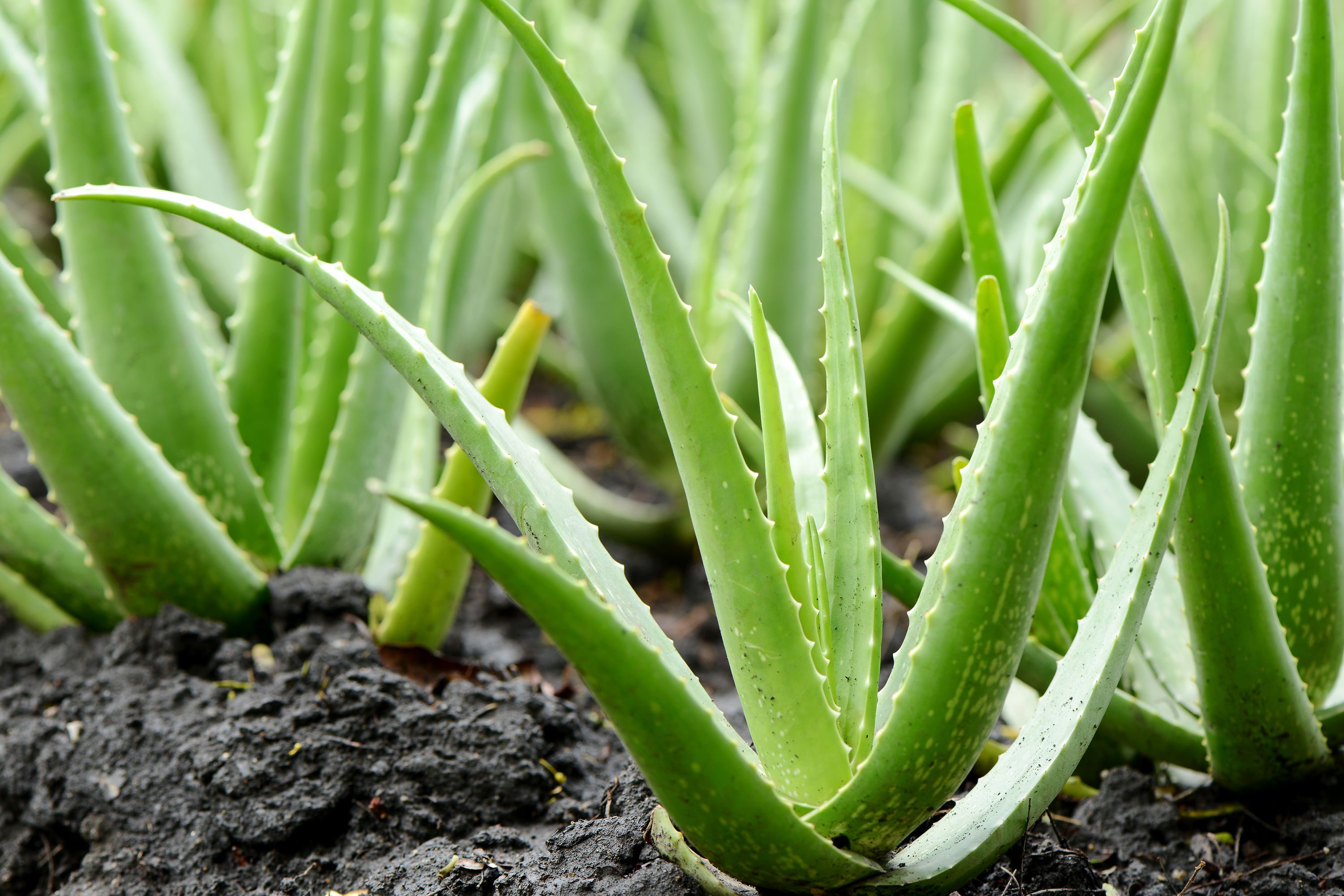
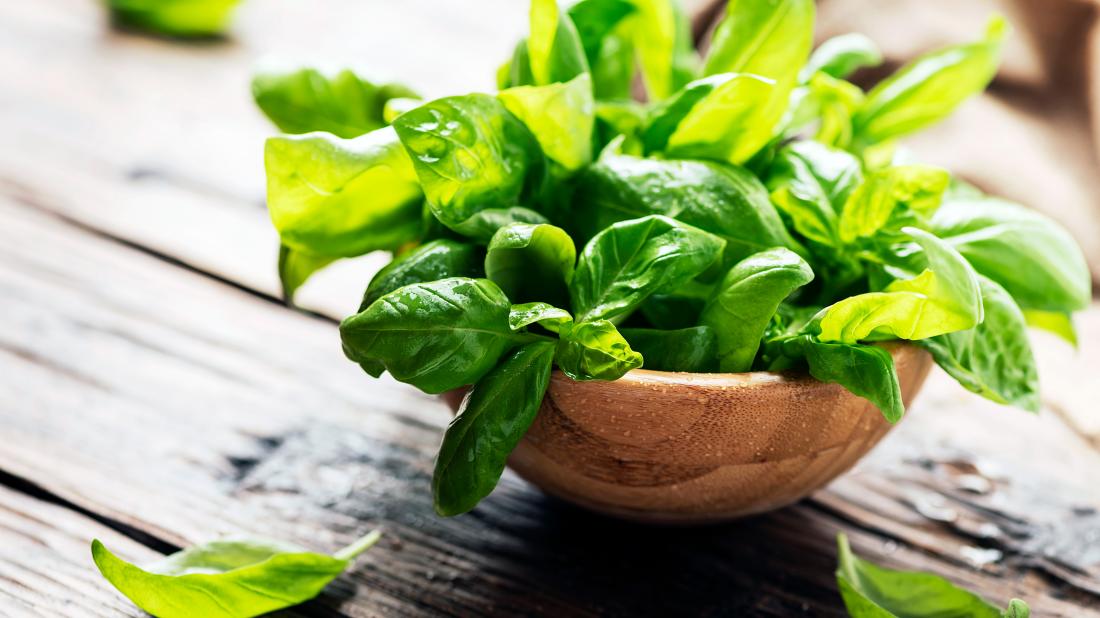


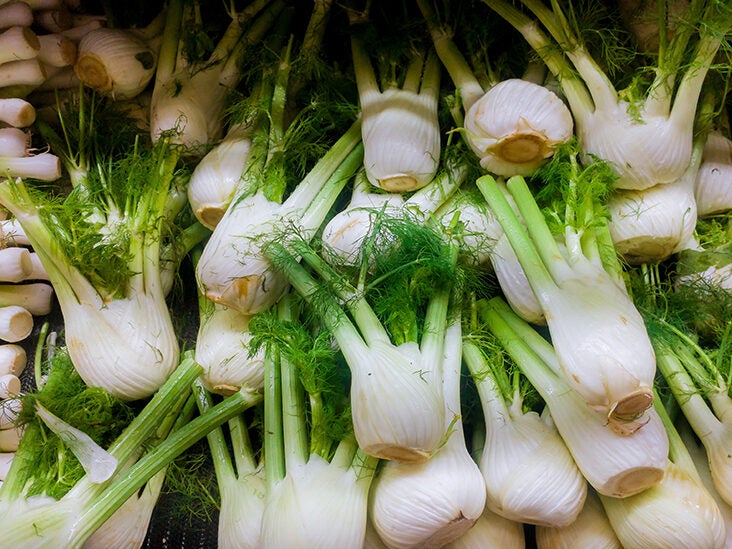
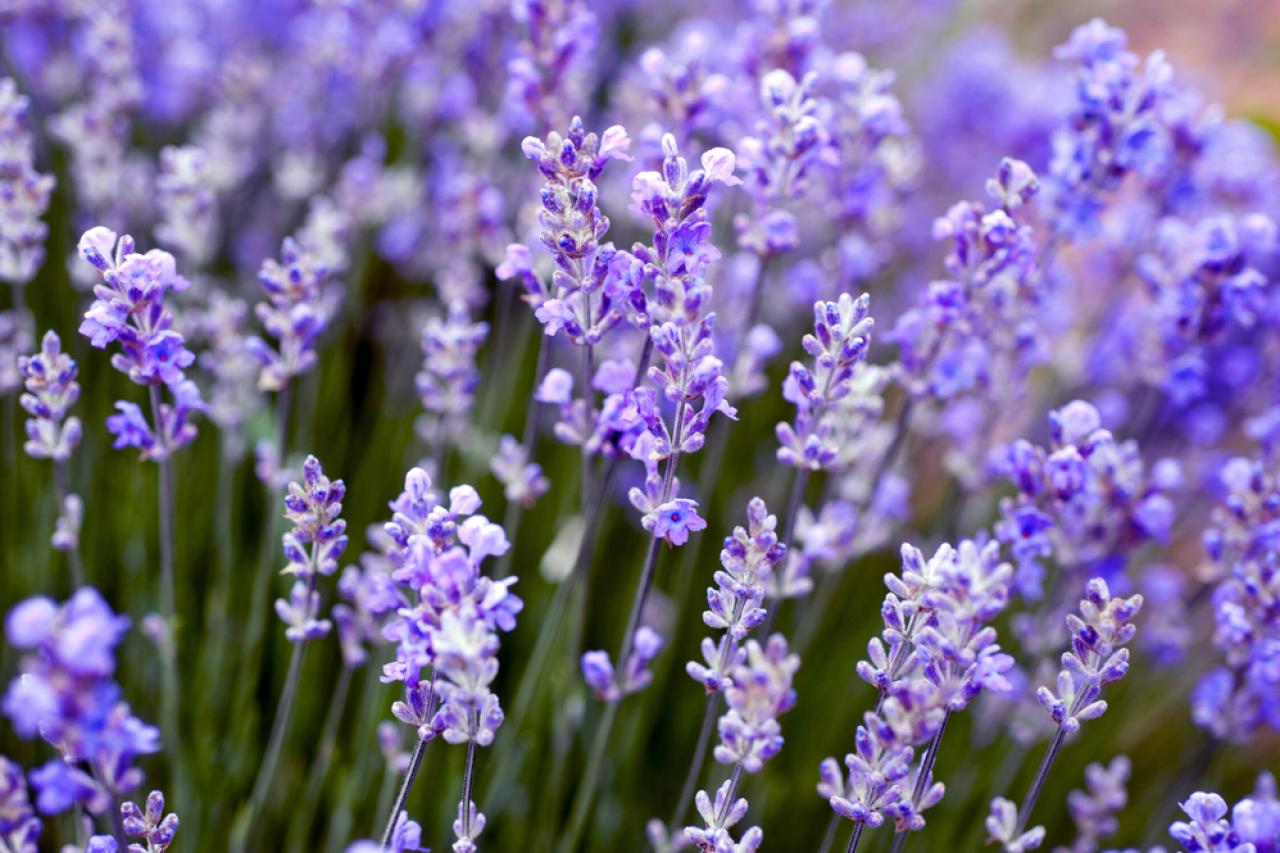


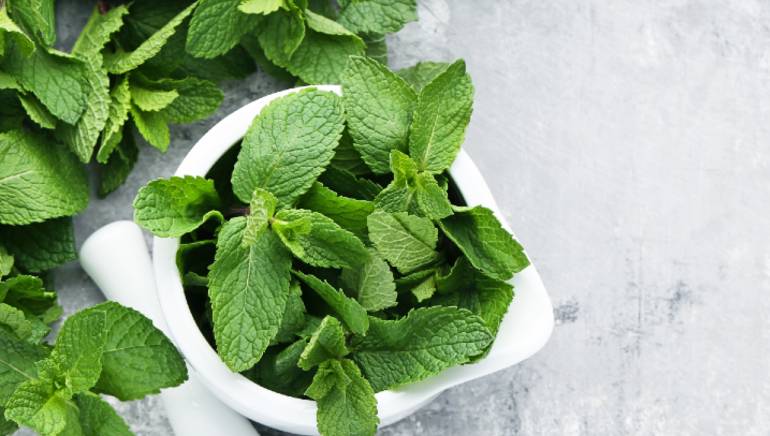
:max_bytes(150000):strip_icc()/herb-profile-oregano-1761786-4-d1197219842c4d21b00ae50ca95d1c12.jpg)
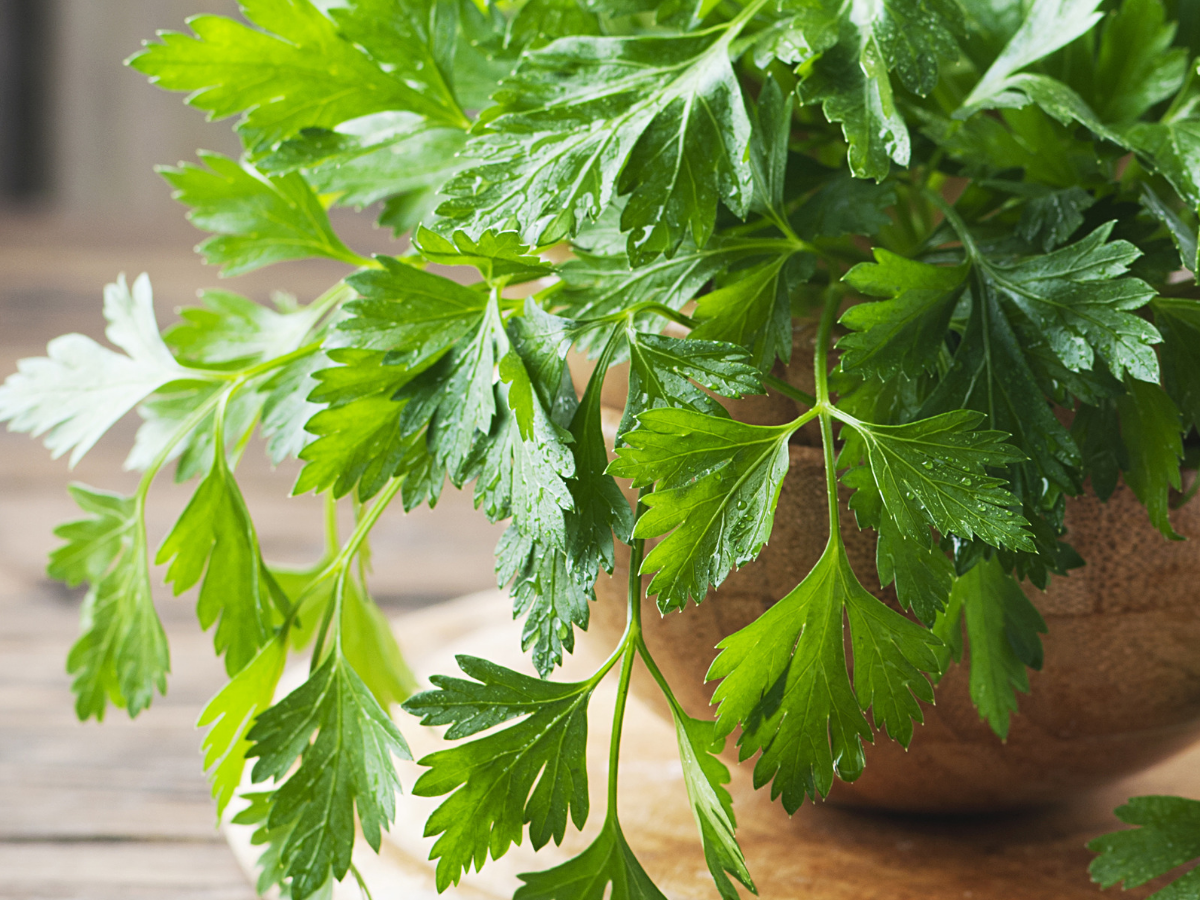

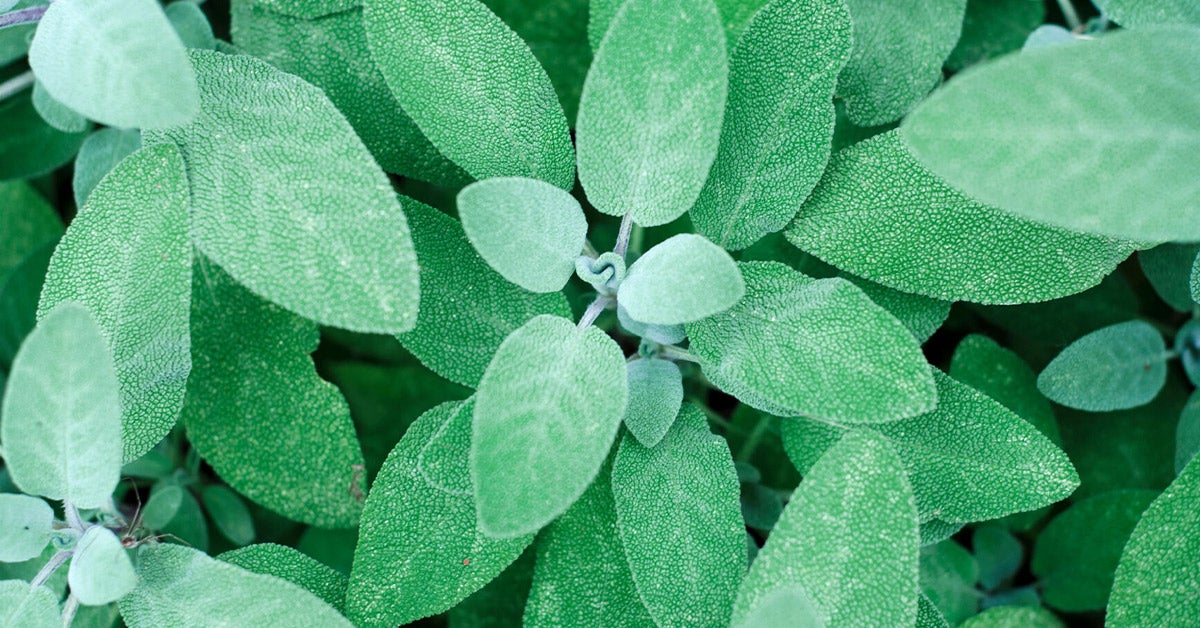

:max_bytes(150000):strip_icc()/how-to-grow-valerian-5088230-hero-deab9283c37e4c25b35300b81c6caad4.jpg)
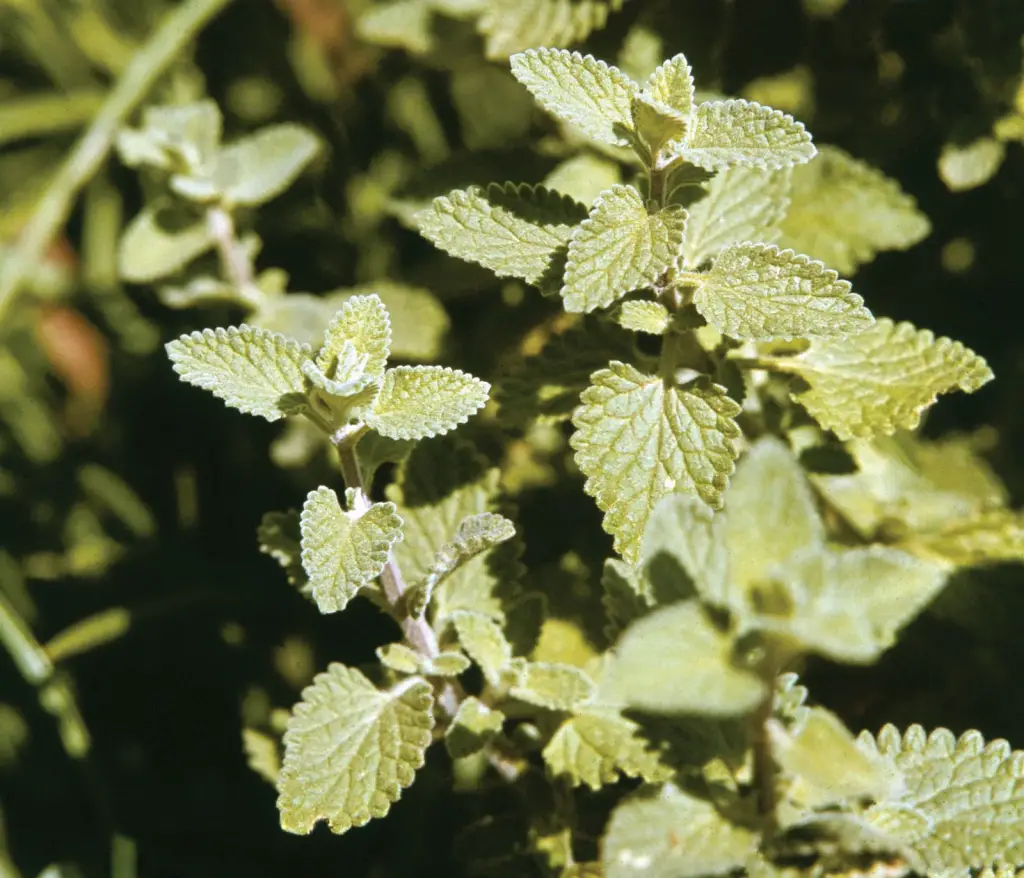

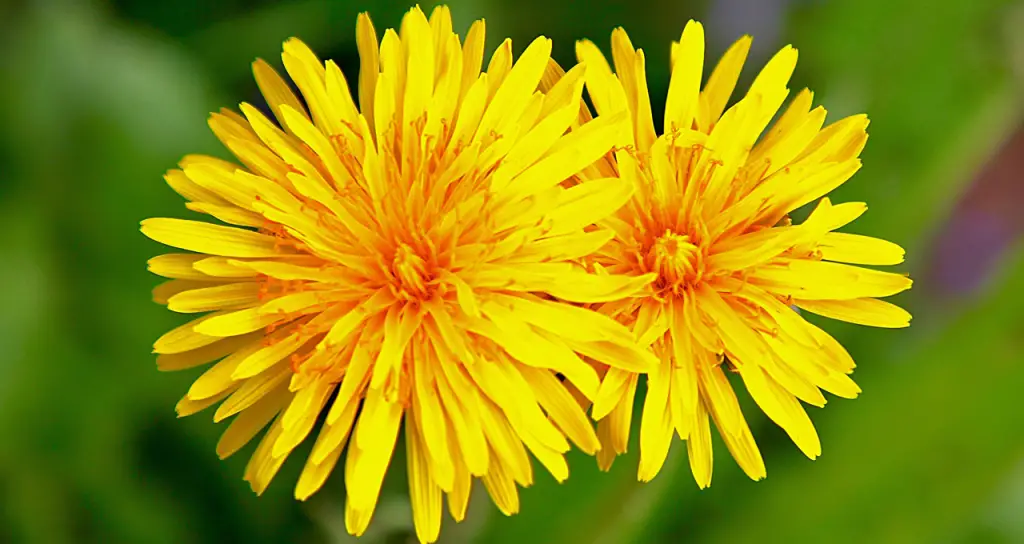


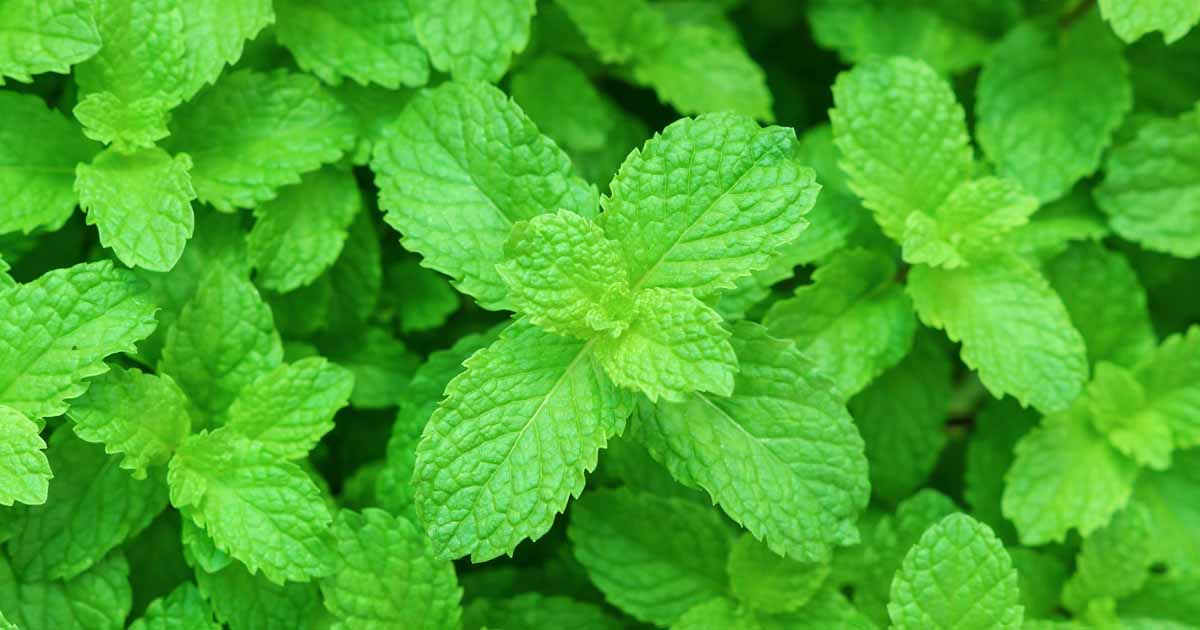
:max_bytes(150000):strip_icc()/achillea-growing-yarrow-in-the-perennial-garden-1402830-15-11121a6810844402a2f44b4cd28d0878.jpg)
:max_bytes(150000):strip_icc()/gettyimages-511393471-2000-95d7dbca725d44b9b41ceedb4cf127c1.jpg)

